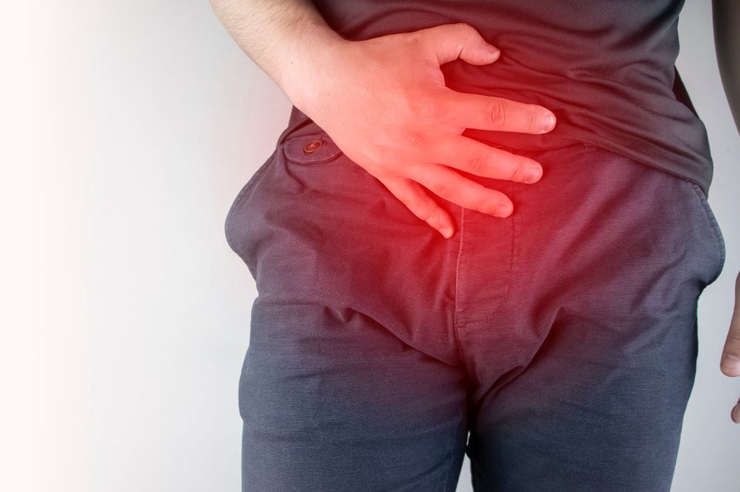Males who don’t have any sperm in their semen happen to have small pockets of sperm in their testicles. These pockets have various healthy sperms which can be used for IVF ICSI treatments. These pockets are accessed by experienced fertility specialist doctors and a few of them are harvested using a needle biopsy-like technique.
Veins in your scrotum (the pouch of skin that holds your testicles) that expand cause a varicocele. The pampiniform plexus is the name given to these veins. Ten to fifteen males out of 100 have varicocele. Males between 15 to 25 are more likely to have them. It is comparable to developing varicose veins in your leg. Reduced sperm quantity and quality brought on by a varicocele can occasionally result in infertility. Testicles may also shrink as a result.
The left side of your scrotum is where varicoceles are most frequently encountered, and they typically form throughout puberty. Your scrotum’s right and left sides have different anatomical structures. Varicoceles can occur on both sides, but they are quite uncommon. Some varicoceles do not impair sperm production. Let’s understand what varicocele is and why one should choose Mother World Fertility, the best IVF Centre in South Delhi.
Each testicle is held up by a spermatic cord. The veins, arteries, and nerves that support these glands are likewise located within the cords. One-way valves in healthy scrotal veins allow blood to flow from the testicles to the scrotum and then back to the heart.
There are moments when the blood doesn’t flow through the veins as it should, starting to pool there and growing larger. Over time, a varicocele steadily grows. The precise cause of a varicocele is unknown, and there are no known risk factors for its development.
You might not have any symptoms related to a varicocele. But you might experience –
The majority of the time, varicoceles are painless and don’t need to be treated. In actuality, they are frequently discovered during a standard physical examination or fertility evaluation.
However, your doctor could advise treatment if the varicocele is large, your testicles are too tiny, your sperm count is low, or you and your spouse are having trouble getting pregnant. You should also talk with your doctor if you notice any of the following symptoms:
There are no medications to cure or prevent varicoceles. However, medicines (such as acetaminophen or ibuprofen) may lessen the discomfort. Surgery is the main type of treatment when it is required. Embolization is a non-surgical therapeutic method that temporarily blocks the veins.
For surgery: Varicocele surgery can be done in a variety of methods. All entail stopping the pampiniform plexus veins’ ability to carry blood. Surgery is performed when completely unconscious. The two most common surgeries are:
Infertility is a frequent side effect of a varicocele. If you and your spouse are experiencing trouble conceiving, talk to your doctor about visiting a reproductive expert.




